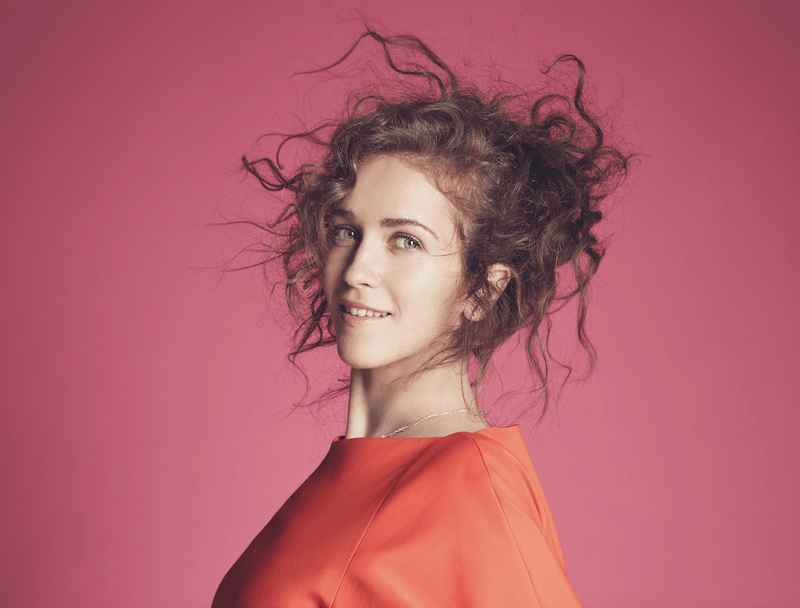Singer-songwriter Rae Morris on music, love and sexual fluidity
Within seconds of meeting Rae Morris I know this is going to be a fun interview. Tucked away in the corner of a trendy north London cafe, she’s unassuming but radiant, smiling broadly and often, bare-faced and fresh from a yoga session. “It sounds like a proper douchey day!” she laughs apologetically.
Rae is notable as an interviewee because she asks questions, as well as answering them: “Where are you from? I picked up straight away that you’ve got an accent.” I’m a Leeds lass and Rae’s from Blackpool so we bond over being Northerners in the big smoke. “If you come across anyone with a twang, you’re like, ok, this is gonna work.” Both suitably reassured that we’re getting on famously, we order lunch and crack on.
I’ve wanted to interview her ever since I discovered that her debut album, 2015’s top ten hit Unguarded, was partly inspired by her first big love with fellow female singer-songwriter, Karima Francis. I played the album on repeat when it first came out – “Thanks for the Spotify hits!” – entranced by the intimate emotional landscapes Rae conjures up with her otherworldly voice. She started working on it when she was just 17 years old. Despite having played the piano since the age of four, it was Karima who opened her eyes to making music as a career option. “I didn’t really know what a singer-songwriter was. I saw her on Jools Holland and I was like, ‘I want to do that, but I’ve no idea how. I haven’t written any songs, I don’t believe in my voice’. I met her and she taught me song structure. Then it all seemed a little bit more possible.” Although they’re no longer in touch, Rae’s quick to stress how grateful she is for Karima’s “early mentoring”. She describes their formative two-year relationship as “very, very intense”, adding, “It will always be there. We’ve all got those cuts”.
She’s come a long way since she embarked on that first album, a “naive” teenager perched at the piano in her parents’ house. Her unique sound has earned her critical acclaim and the chance to perform everywhere from the Park Stage at Glastonbury – “a really special moment” – to BBC Radio 1’s Live Lounge. What inspires her distinctive style? “It was when I first figured out that there were females out there that had interesting voices. When I first heard Cat Power I was like, ‘What on earth is this voice?’ Feist was a big pre-pubescent time. Joni Mitchell, the classic songwriters, but also Björk and Kate Bush and Tori Amos – all the ladies. I’ve got nothing against male vocals, but I just don’t connect as much.”
Read the rest of our exclusive interview in the January issue of DIVA, available to buy in print or digitally here.
Only reading DIVA online? You're missing out. For more news, reviews and commentary, check out the latest issue. It's pretty badass, if we do say so ourselves.
divadigital.co.uk // divadirect.co.uk
